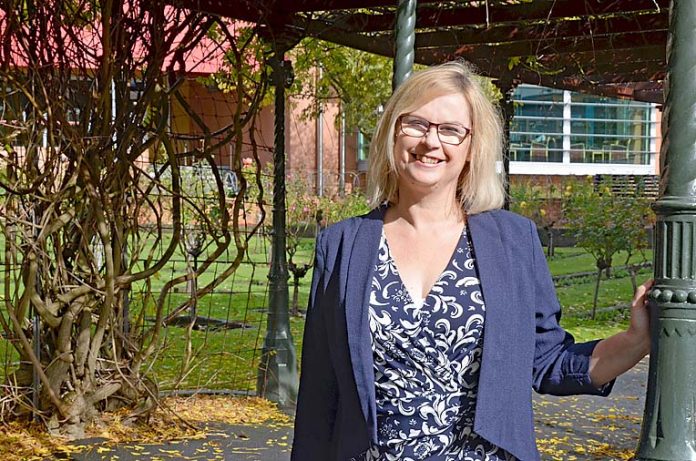
THE region’s overstretched drug and alcohol treatment services have opioid-addicted individuals on waiting lists while counsellors are seeing up to seven people each day, Labor parliamentarian Clare Scriven has said.
Ms Scriven’s claims follow a recent Federal Government funding boost of $20m for additional drug and alcohol treatment services, with Limestone Coast-based providers unable to apply.
The funding, which will be provided as grants of up to $2.5m in determined areas of need, does not include the Limestone Coast as a designated region open to the package.
Ms Scriven introduced a three-part motion to the state’s Legislative Council calling on Health Minister Stephen Wade to lobby his federal counterparts to open applications to the South East.
She said alcohol and other drug workers in the South East had an average of 35 clients in their case loads at present.
She said counselling staff were seeing seven people each day, which left little time for relevant ongoing referrals and follow up letters to doctors and lawyers.
“The people trying to provide services to address the serious issues of substance abuse, the people working with affected people every day, know there is a very high need in our area of the South East,” Ms Scriven said.
“There will be those who try to politicise this issue and play the blame game and I think that is unfortunate.
“This is a community issue and we can only address it by working together.”
The first-term MP said there was currently a waiting list for methadone treatment, a program which is used to treat opioid-based drug addiction, with just two general practitioners qualified to prescribe opioid or heroin substitution in the entire Limestone Coast.
Ms Scriven called on Barker MP Tony Pasin to lobby his federal colleagues to include the region in the grant’s eligibility criteria.
“Given this information, local residents of Mount Gambier, Millicent, Naracoorte, Bordertown and elsewhere in the South East would hope Federal Member for Barker Tony Pasin would stand up for them and demand funding for our area,” she said.
“They have been sorely disappointed.”
Ms Scriven slammed comments made by Mr Pasin saying providers running services in other eligible areas, such as Murray Bridge, would be able to provide a service in the South East.
“This is not much use to people in the South East affected by substance abuse,” she said.
While Mr Pasin said the areas of need were determined following consultation with the Marshall Government, service providers and primary health networks, Ms Scriven said local providers had questioned whether wastewater analysis should be a significant determinant of the funding eligibility.
In a statement, a Drug and Alcohol Services South Australia (DASSA) spokesperson said the South East was “certainly considered” but “did not rank higher than those regions most in need”.
The statement said SA Health had increased investment in the South East, resulting in increased outpatient appointments and a new residential rehabilitation facility.
Following the funding announcement, Mr Pasin said the Federal Government had provided drug treatment funding – historically the responsibility of state governments – following the State Government’s failure to deliver the services.
Ms Scriven struck back at Mr Pasin’s claims, saying the former Labor Government had delivered Mount Gambier’s residential drug rehabilitation as part of the regionally-focused $8m Stop the Hurt strategy.







